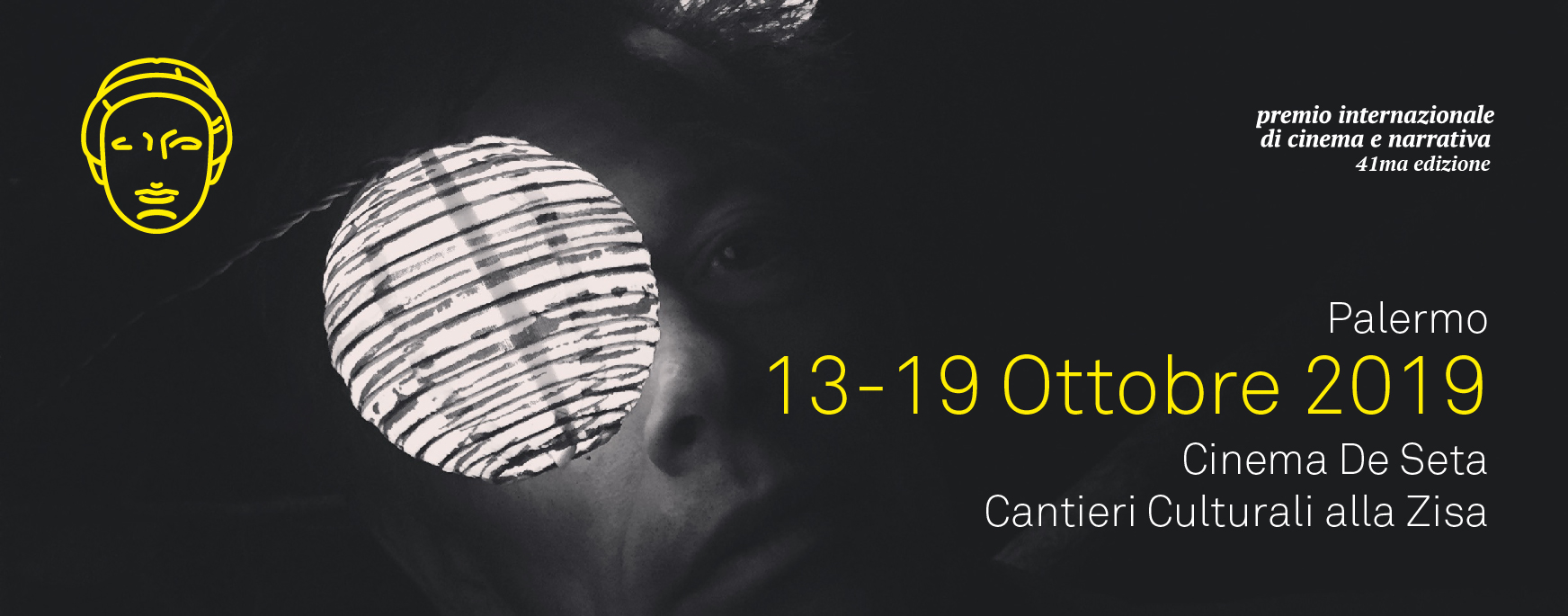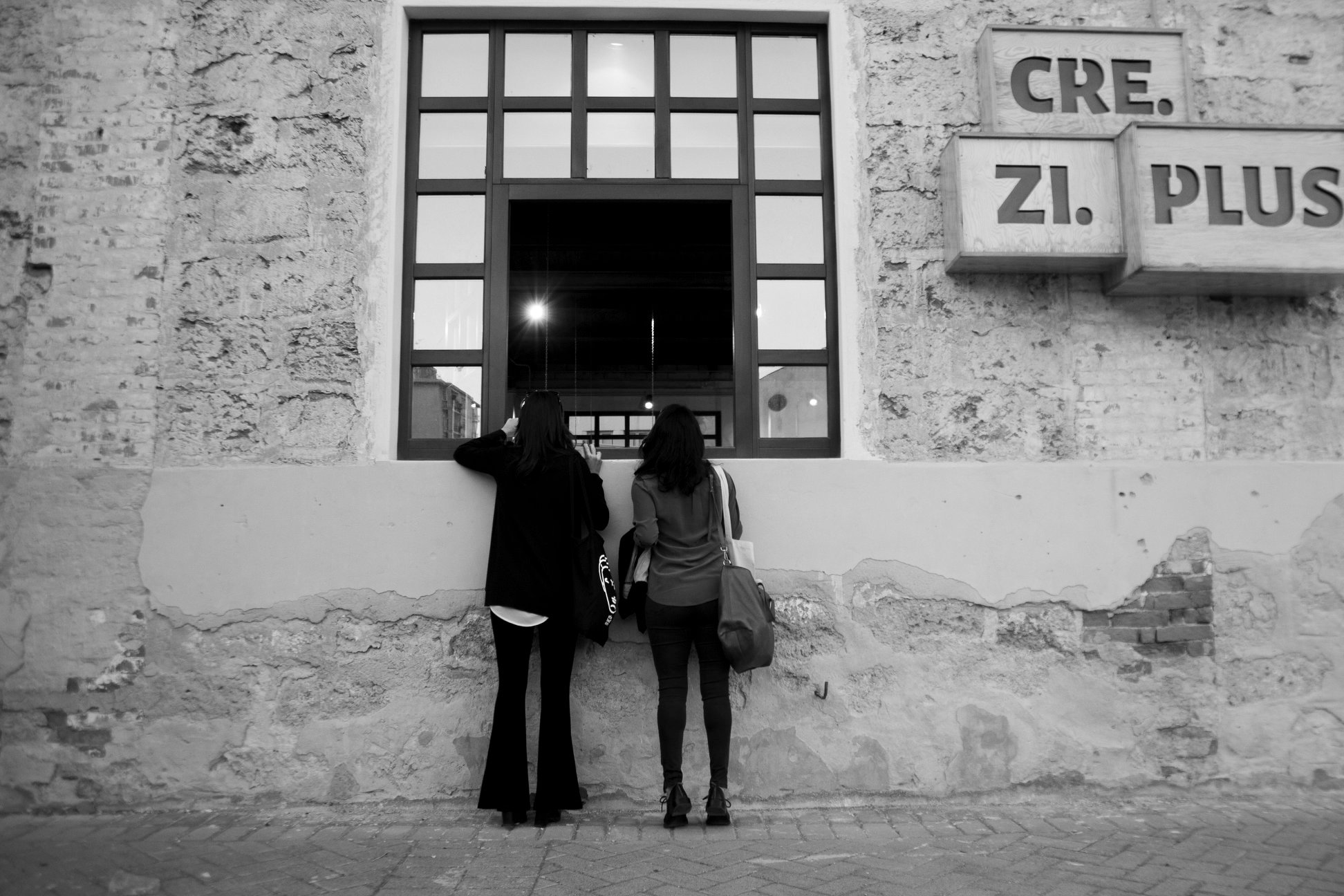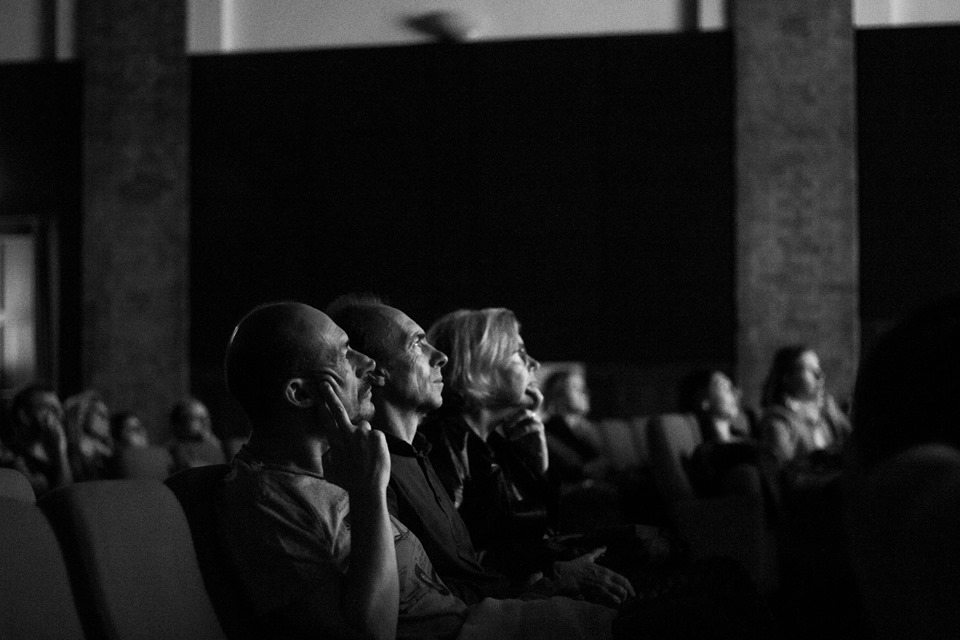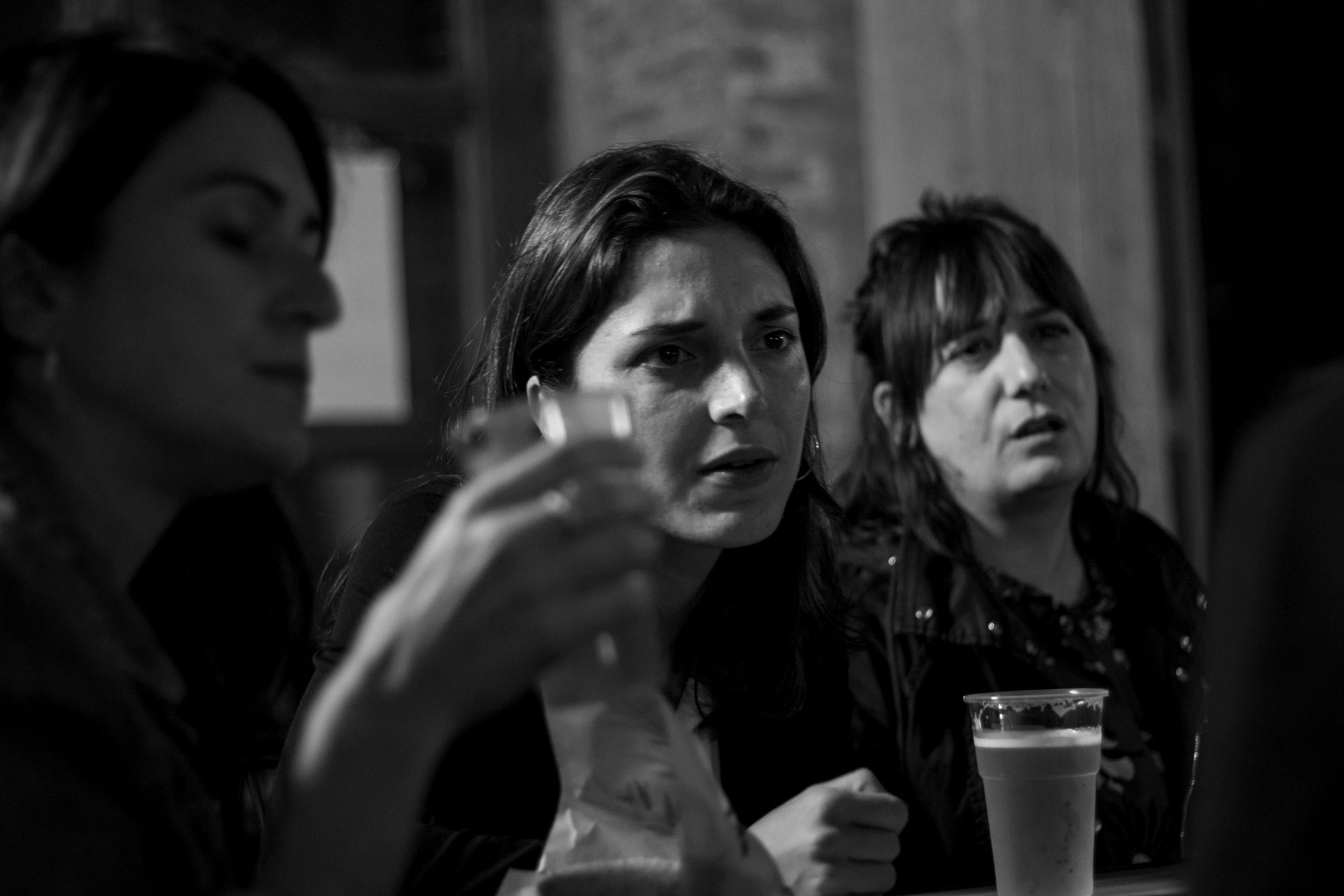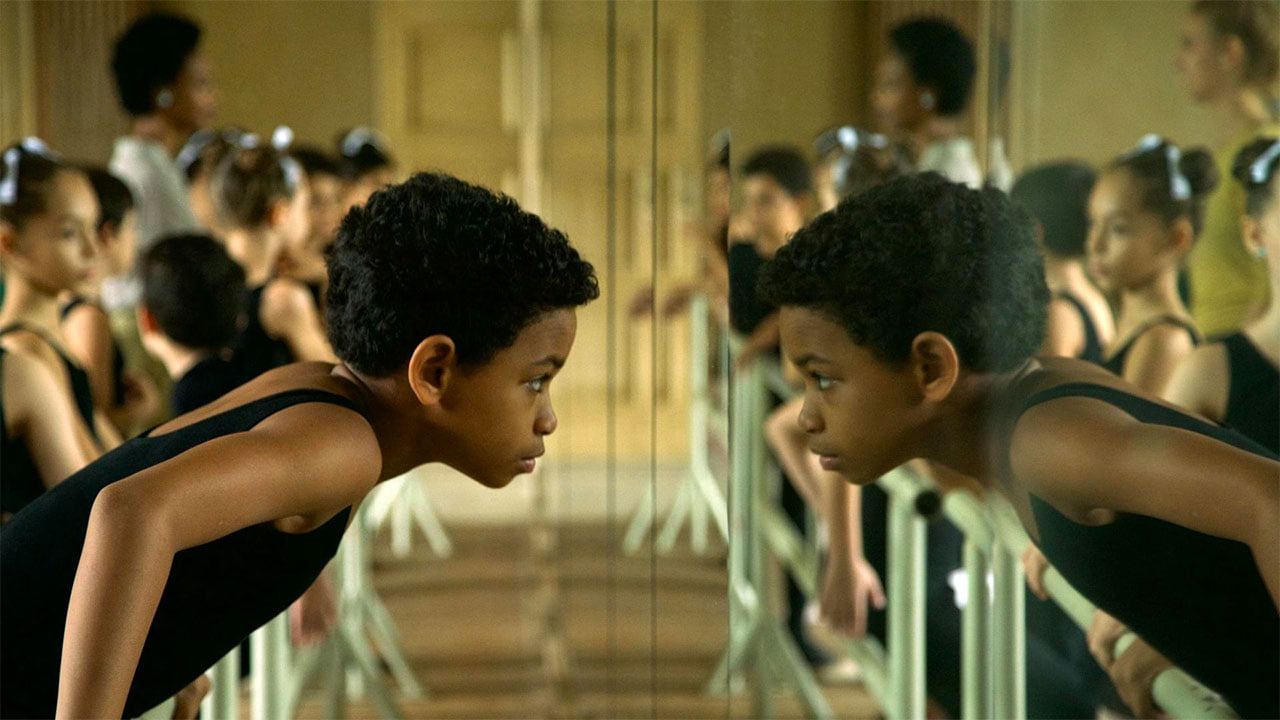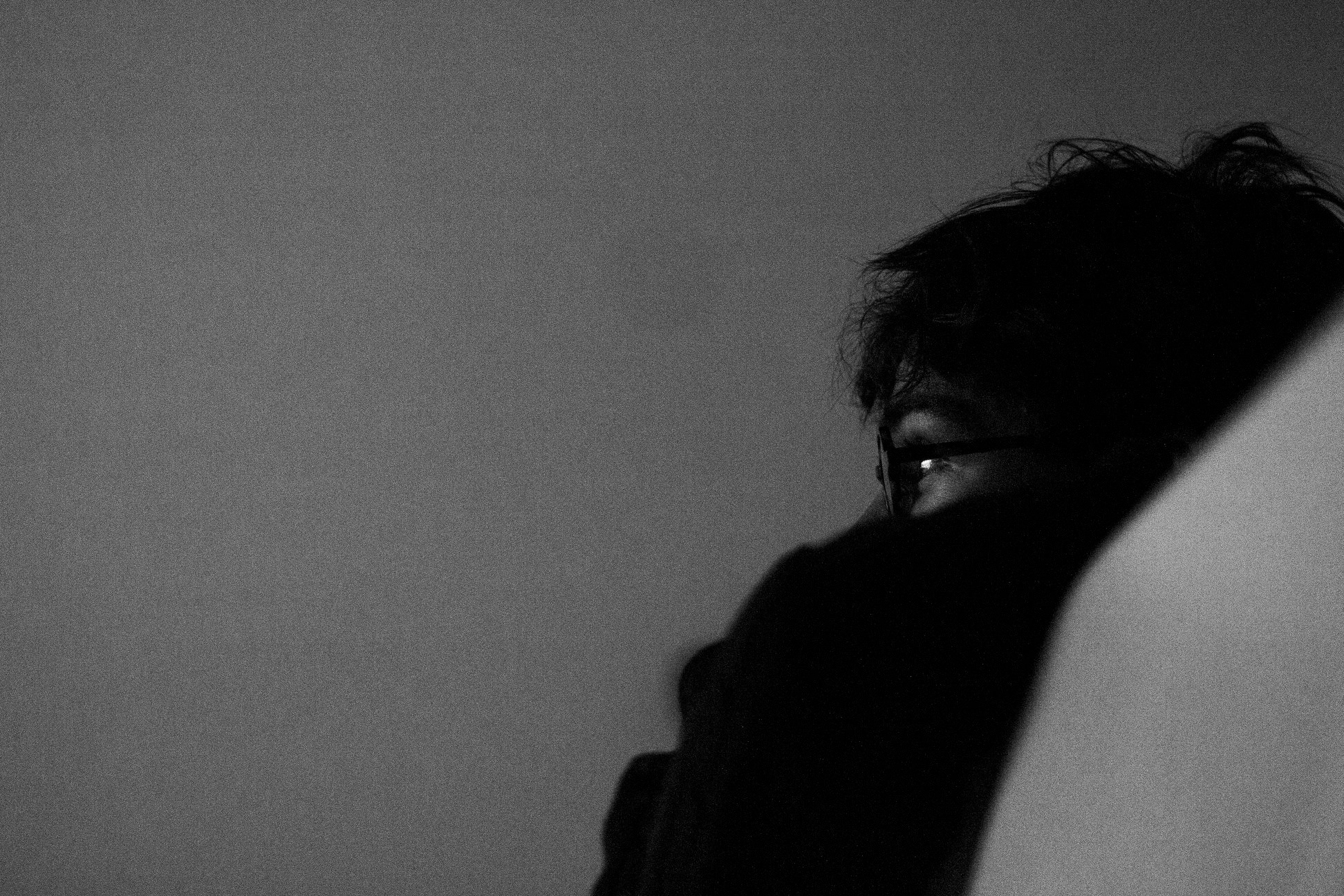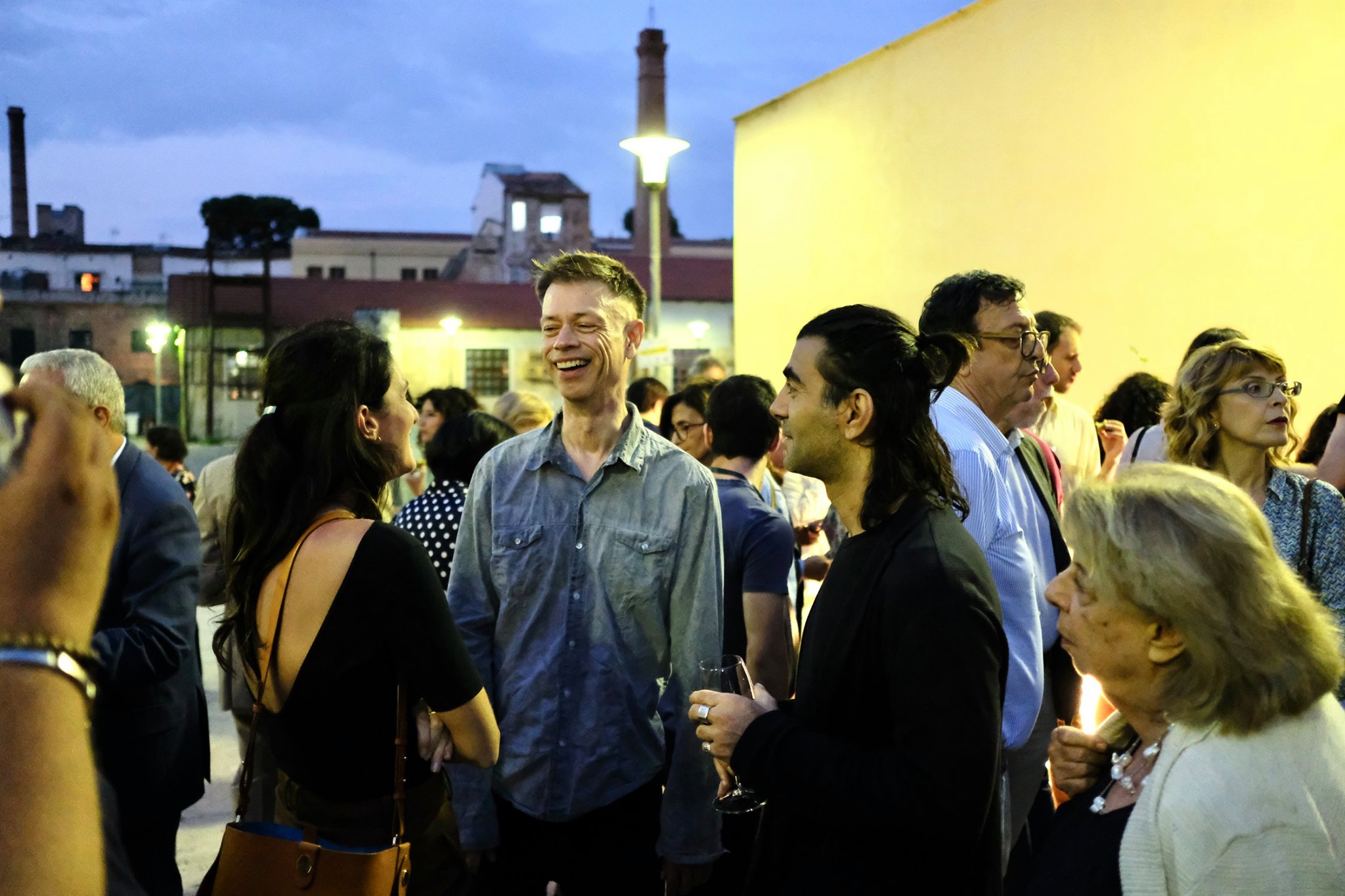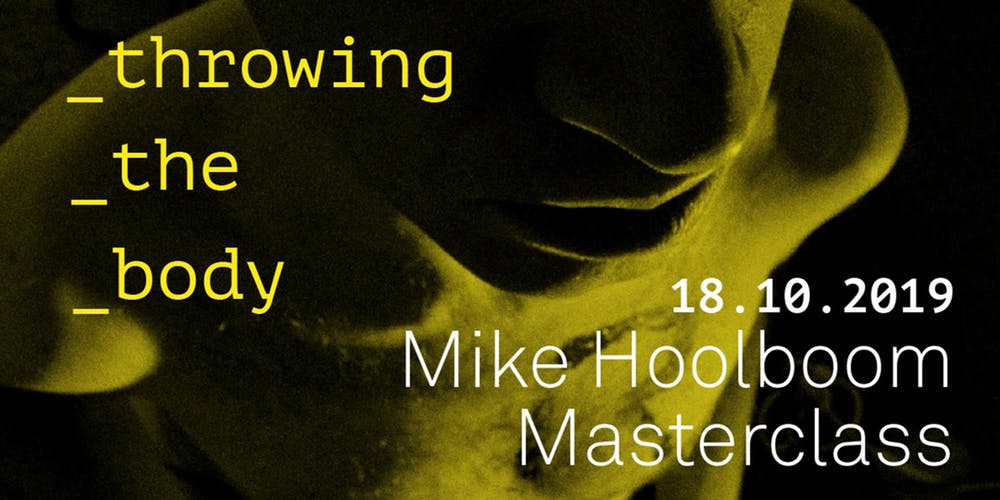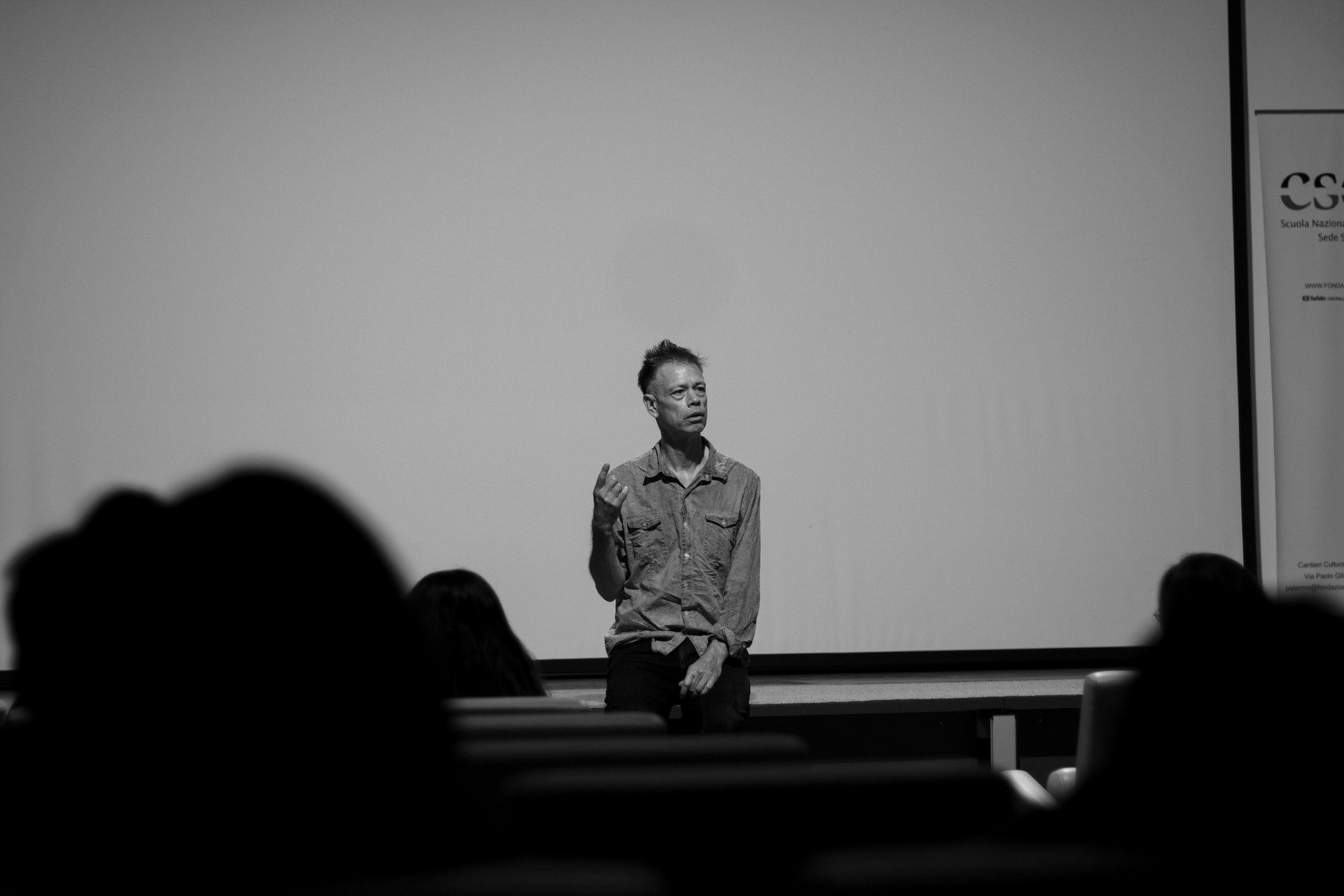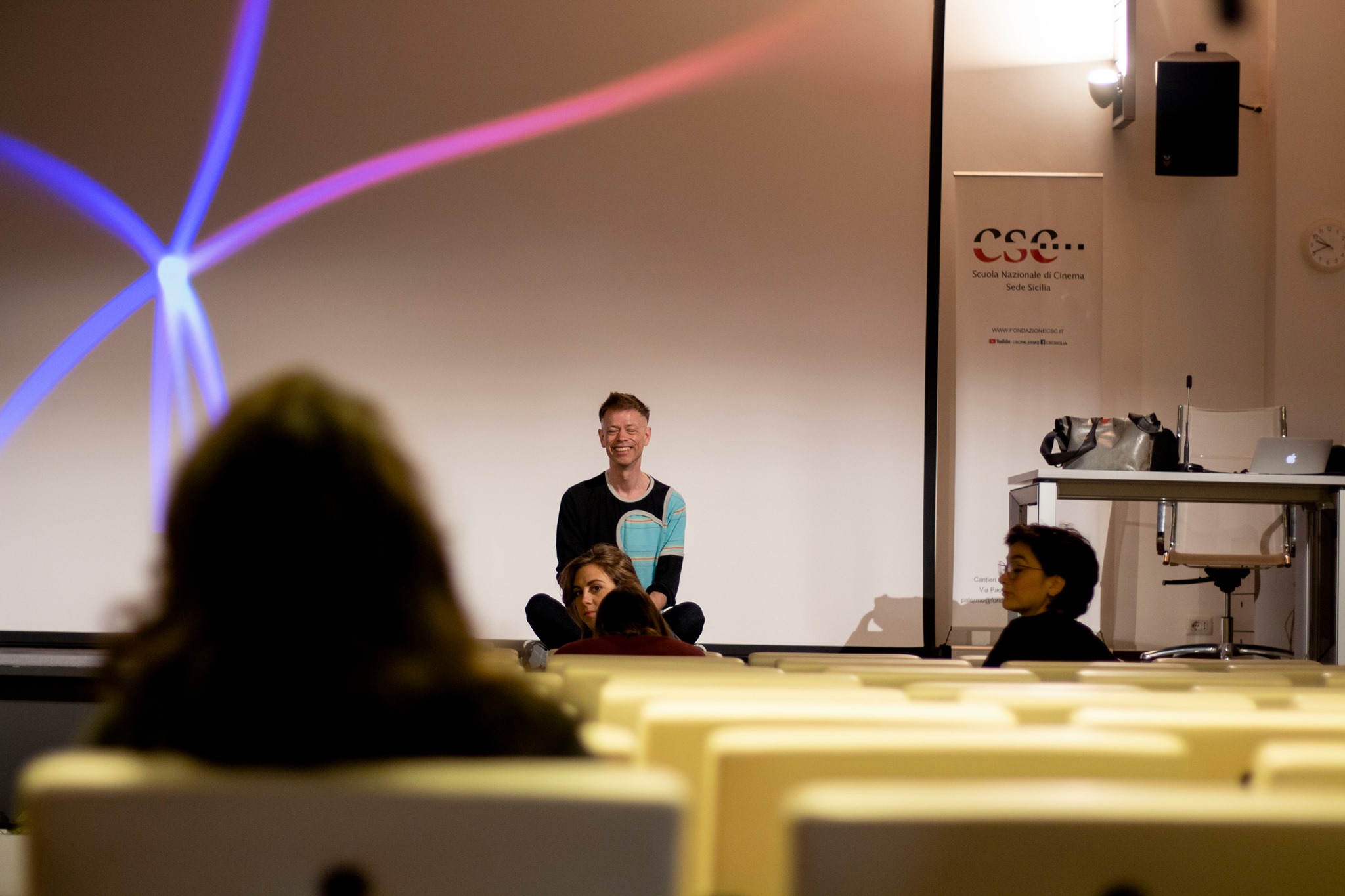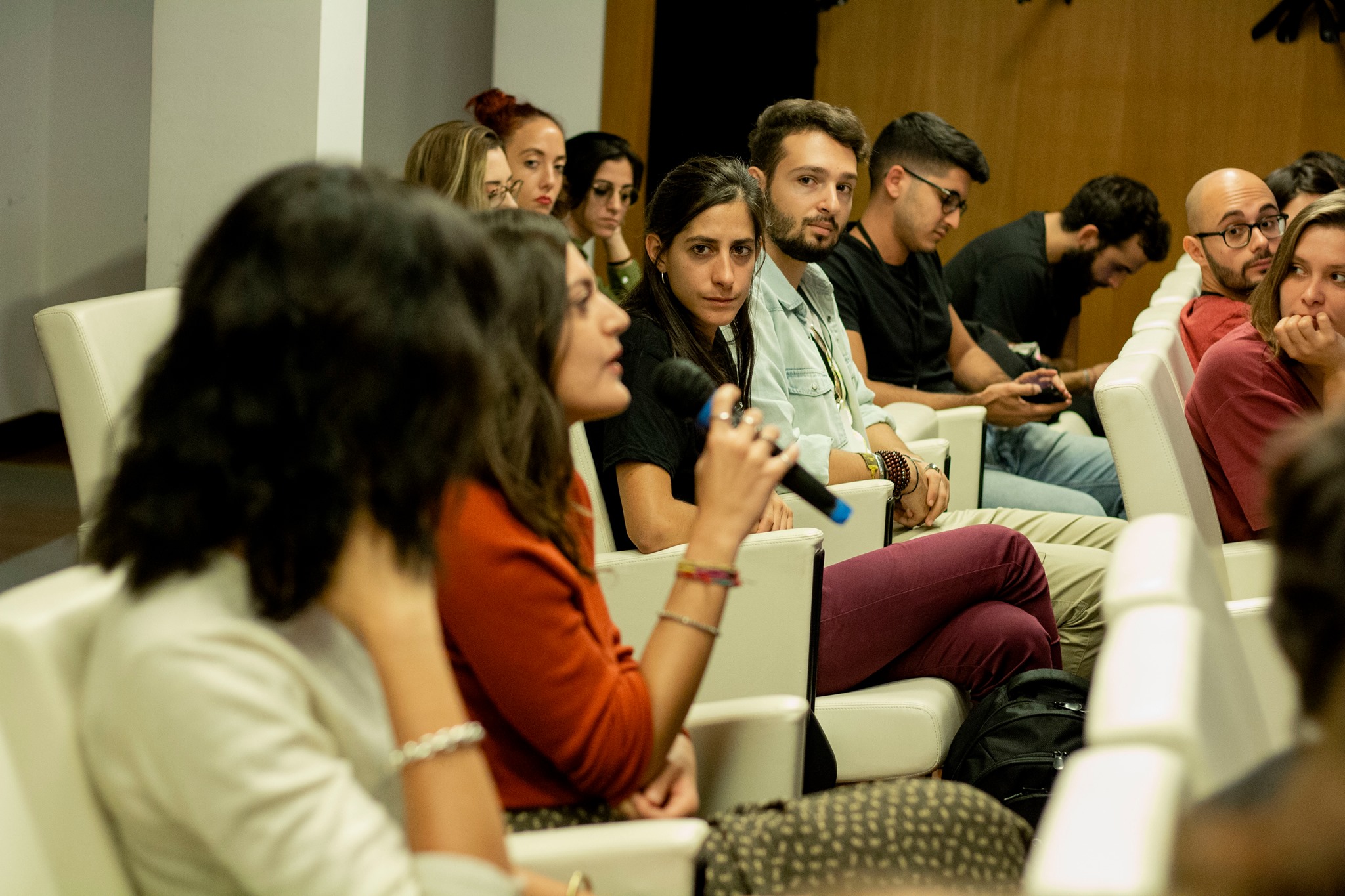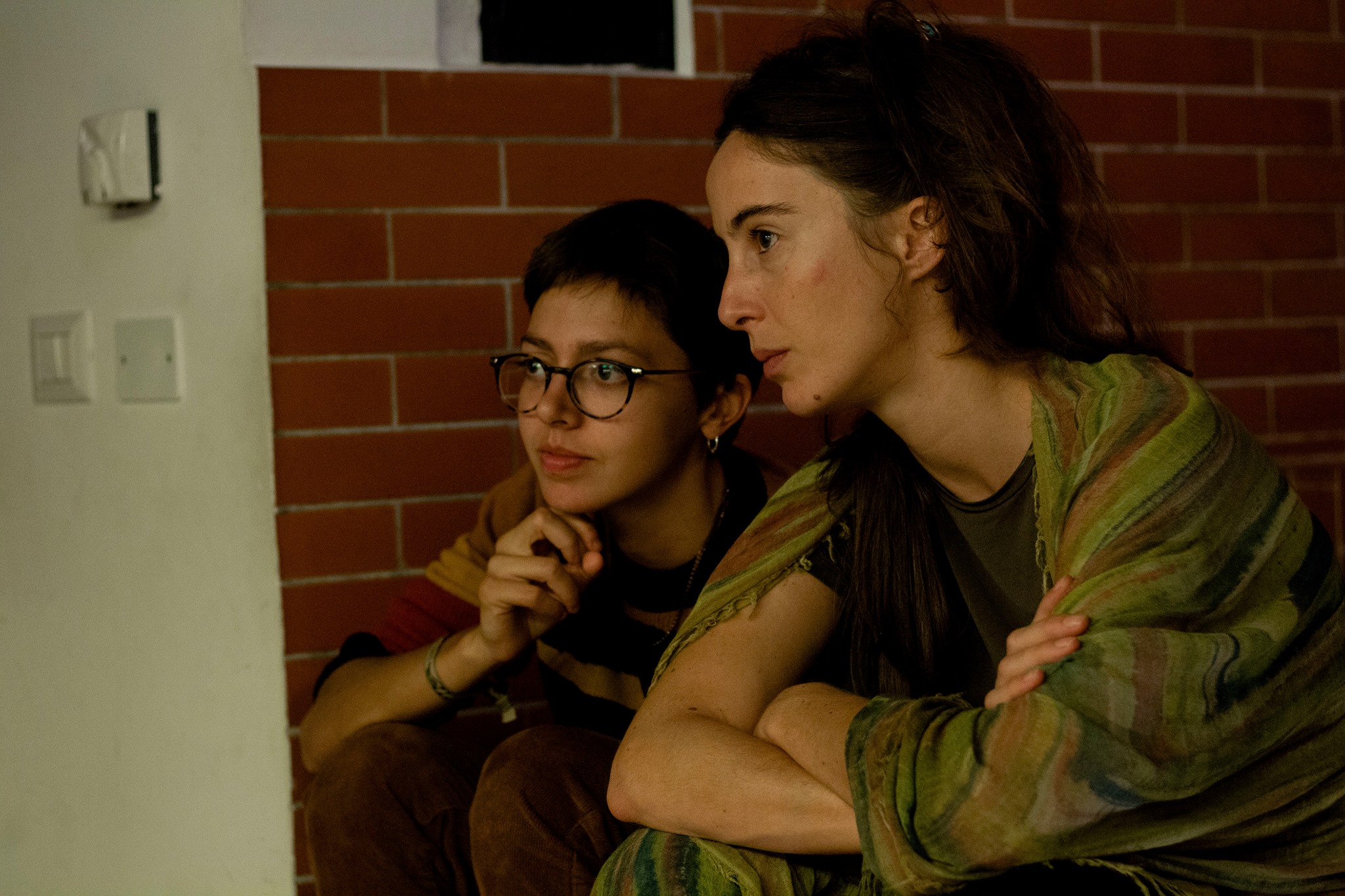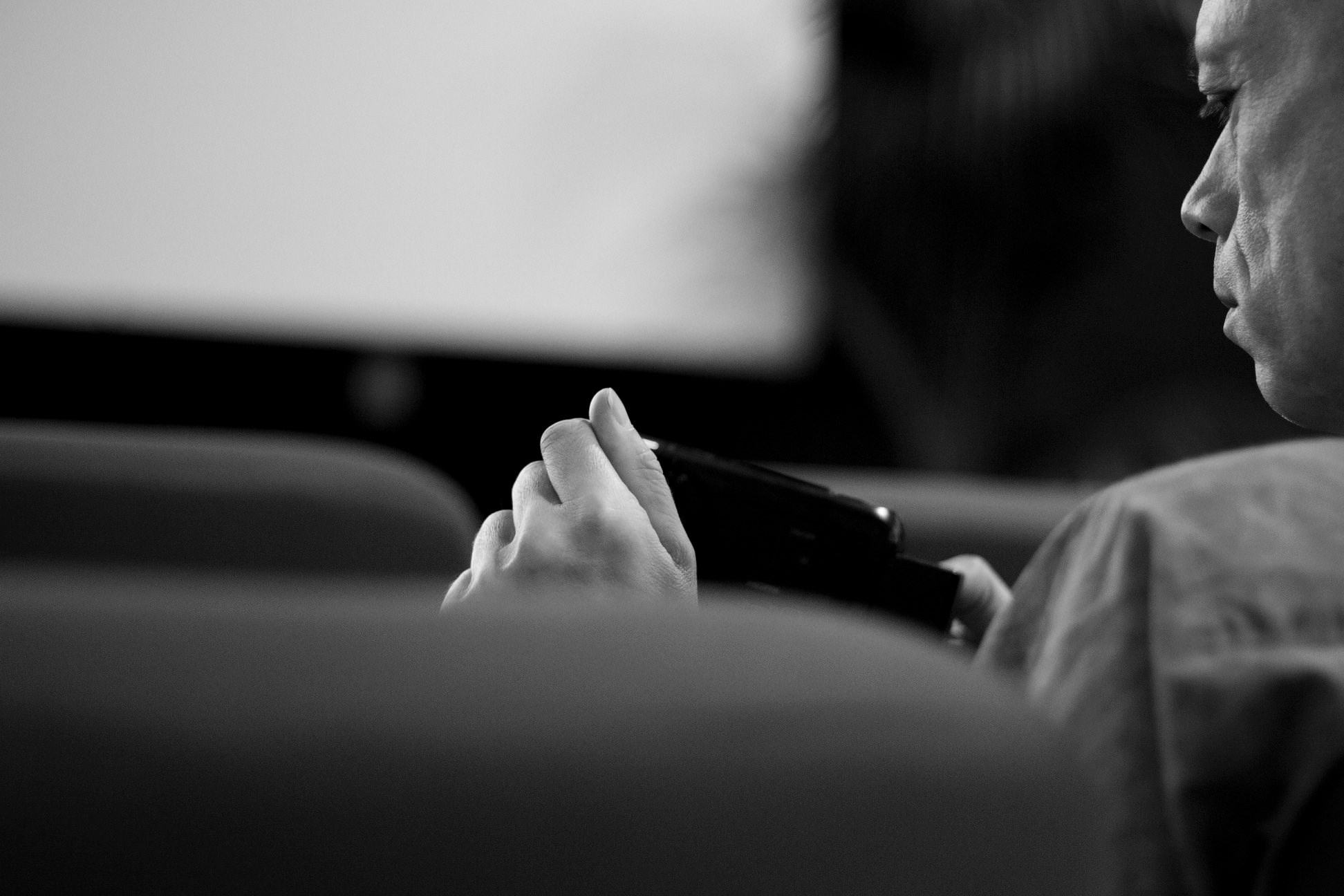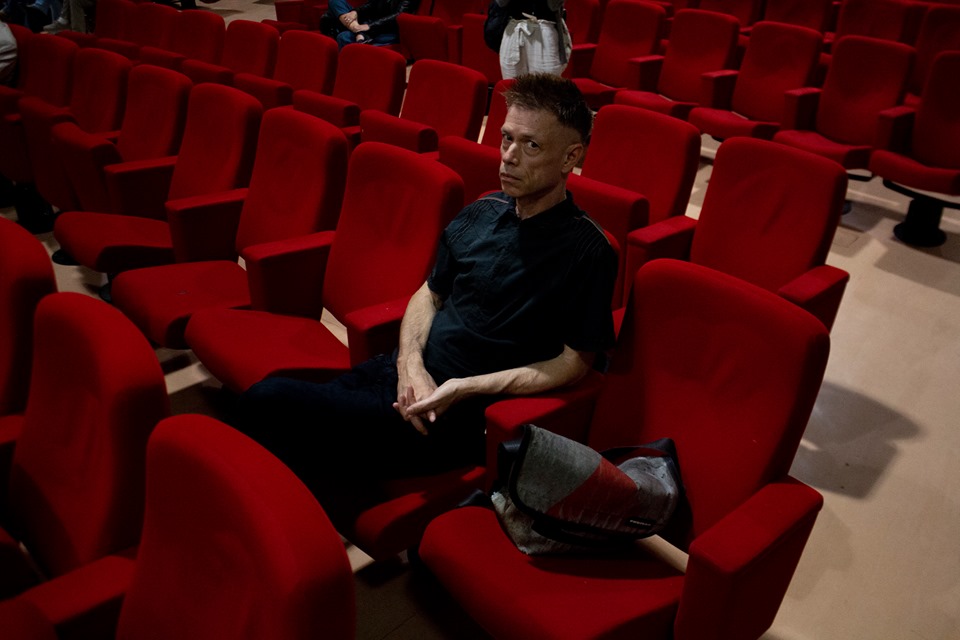Mike Hoolboom retrospective
Festival Efebo D’Oro
Palermo, Sicily, Italy October 13-20, 2019
A selection of feature films and short films by Mike Hoolboom will be screened during the festival; altogether they trace a map of his work, so polymorphic and stimulating as it is vast and open to contamination from other art forms and the most fruitful political-philosophical suggestions that reflect on our time.
The section of feature films will have a strongly meta-cinematic dimension, since they are inspired by autobiographical vicissitudes (Father Auditions, 2019), by the reworking of live and archival material (Public Lighting, 2015), and by the lives of Fats Waller, Jackson Pollock, Janieta Eyre and Frida Khalo (Aftermath, 2018).
This cinema features a return to the material dimension, to the “body” of cinema, able to create spaces and other times through which we can look to the past, reflect on the future and live a better present. The projected short films, on the other hand, take their cues from the more apparently traditional format of the video-portrait (Scrapbook, 2015) and video essay (Citizen Poet, 2017), arriving at last at the tactile and artisanal dimension inherent in making films (3 Dreams of Horses, 2018).
Award
The New Visions (Lifetime Achievement Award) from the City of Palermo goes to Mike Hoolboom for his ability to dismantle every mechanical attribution of meaning and plumb the depths of human interiority. Mike Hoolboom manipulates archival material and symbolic fragments of audio-visual culture, making them flow with extraordinary intensity into the most intimate stream of his own autobiographical vicissitudes to rediscover the material and corporeal dimension of cinema, a place of contrasts, space, real and virtual, in which the viewer can imagine new forms of interpersonal connection.
Bio
Born in Toronto in 1931, he is a prolific and versatile experimental filmmaker who emerged during the mid-1980s. In parallel with his cinematographic production, he is also a critic and curator and is considered one of the greatest Canadian experimental filmmakers along with Michael Snow.
Fascinated with dismantling the mechanics of meanings, he shot much of his early work using his father’s super 8 camera. His works investigate how physicality and the body determines perception and also how an image-saturated mass culture creates new frames and problems for perception.
In 1989, after being diagnosed as HIV-positive, his work opened up to embrace more overtly political forms, without denying his eminently personal, even autobiographical dimensions.
In the late 1990s he started making videos whose structures could contain images stolen from music videos, Hollywood blockbusters, commercial television and European art cinema.
